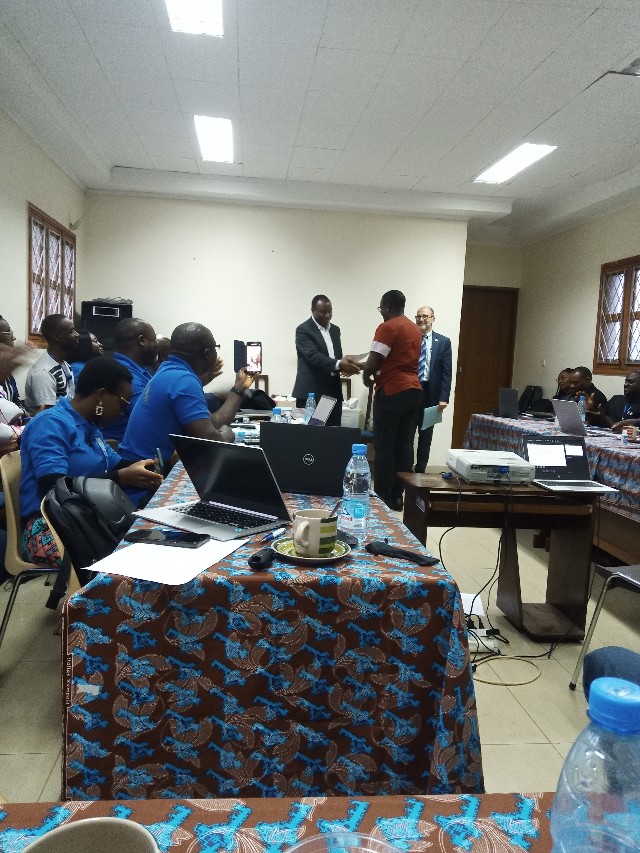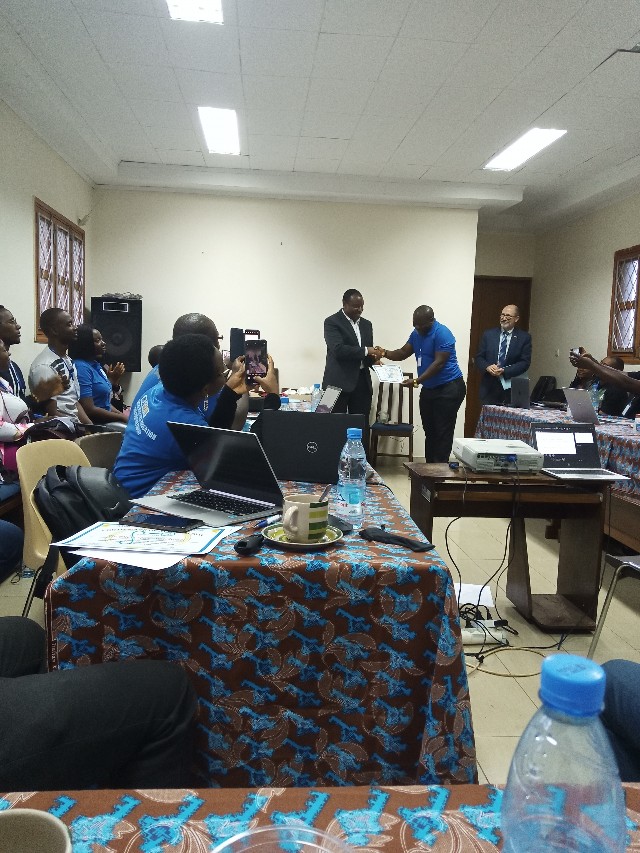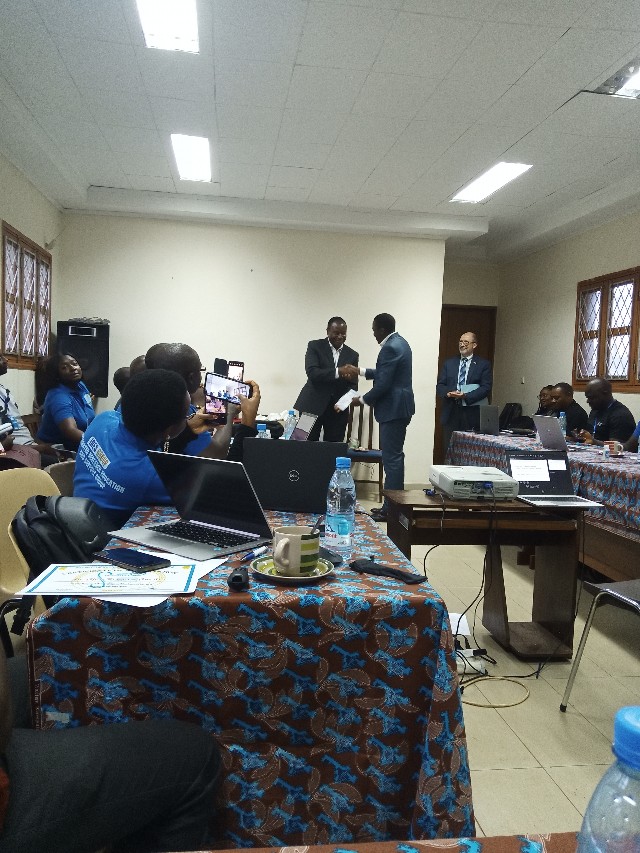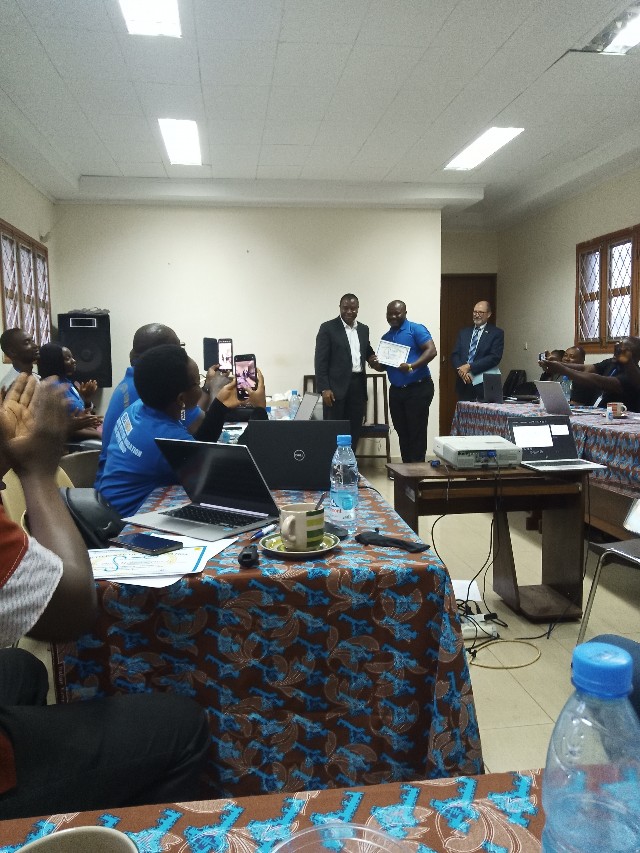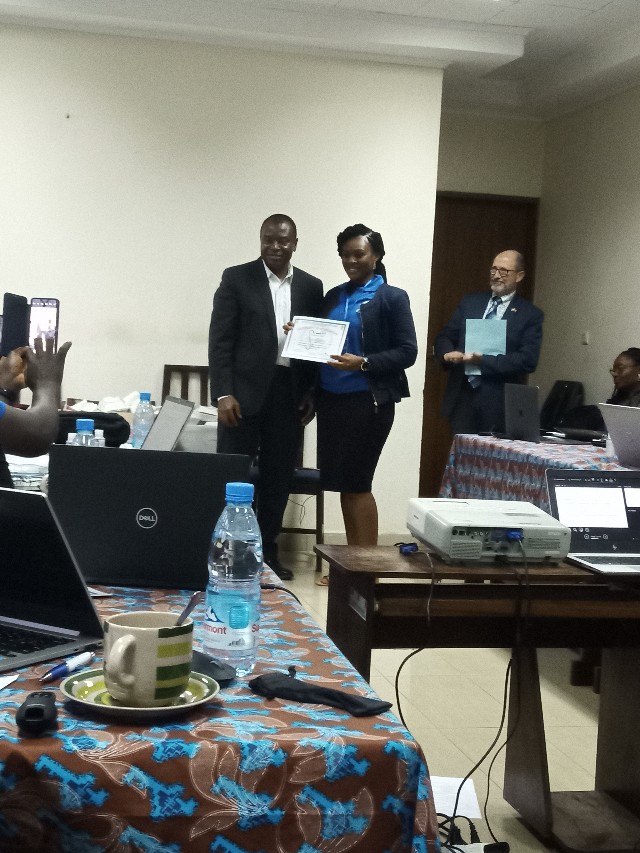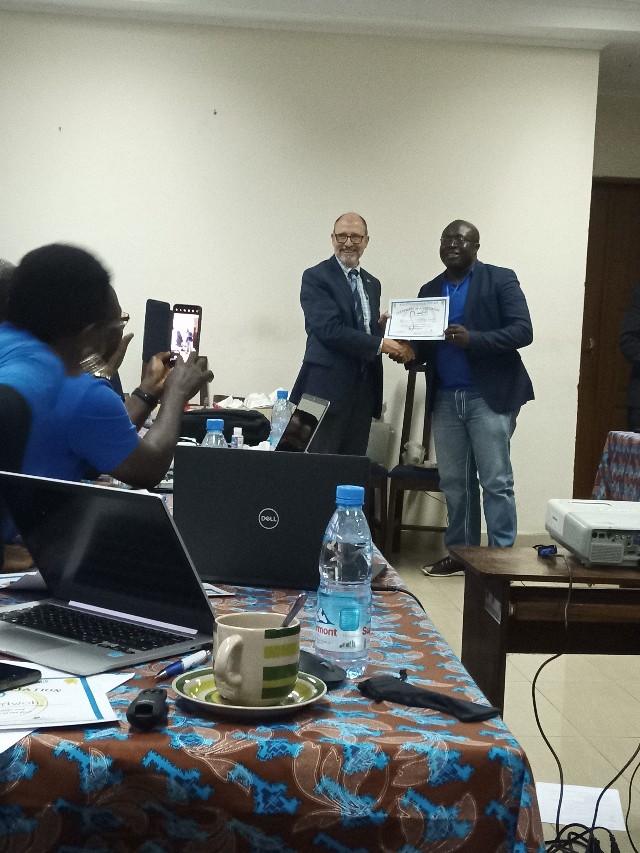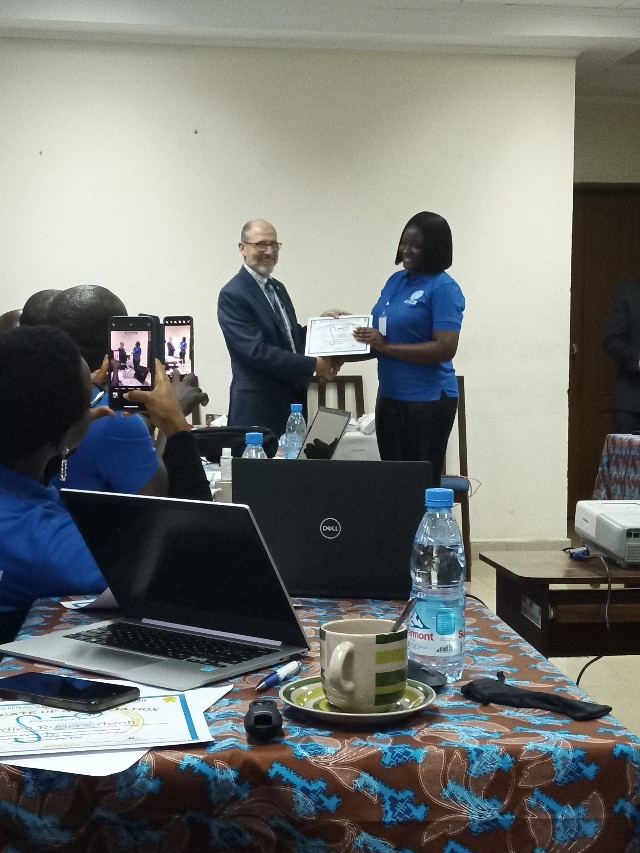Background
IRES is an organization of like-minded individuals who came together in response to a host of activities and events.
IRES started in 2015 and was founded by Dr AJEH along with a multidisciplinary individuals who are interested in improving public health in Cameroon and globally. All of this was predicted on the observation that despite the richness of the resources that we have in sub-Saharan Africa, those resources have not been adequately tapped into for the benefit of the population and so as a result of mismanagement or lack of means to tap into the resources, health inequalities have persisted over many years and there’s a disproportionate gap even within these countries between those who are rich and those who are poor. Even in terms of, not only the millennium development goals, but also the sustainable development goals, we find that most of these countries are lagging far behind in the indicators of progress that have been set.
To that extend, we know it’s going to be a huge challenge before many of these countries meet up with the indicators of both the MDGs and the SDGs. And so looking at all of this, these like-minded individuals came together to find something they can do to improve the situation; and so IRES was formed based on the need to support health systems, the need to address health inequalities, the need to ensure increasing access to the resources for individuals to improve their health and wellbeing.
The core strategy of IRES is about generating contextually adapted ideas to be able to further it’s goals, to be able to further health and wellbeing, to be able to address health inequalities that are so prevalent in our context. More importantly, to also inform evidence to advocate and to support public health practices by prioritizing the needs of the most vulnerable.
IRES has been operating in Cameroon since 2015. The office is based in Yaounde, Cameroon and is registered under law no. 90/053 of December 1990 relating to freedom of association.
The organization has set down a number of vision mission and strategy that will guide it’s activities.
IRES has a vision of "zero inequalities in access to quality health care services in resource constrained and vulnerable communities".
This vision is driven by the commitment that the individuals who have come together have in terms of ensuring that inequalities and inequities in health are addressed and improved over time. So the vision of IRES is zero tolerance for any form of inequities when it comes to access to health care.
This vision is supported by the mission of IRES which is to continually generate ideas that will lead to informed decision and informed evidence, as well as policy to ensure that there is continuous change in terms of addressing the variants that continue to inhabit access to health care and health services. And also to implement evidence based practices as well as innovations that are geared towards access to quality health care and health services for the most marginalized.
Programming Strategy
A number of strategies have been put in place to drive IRES vision and mission
The strategy is geared toward the implementation of basic and operational research that focus on innovative public health approaches, building research capacity, implementing and advocating best practices and policies. All these is not only about conducting research but also going into the communities, to the marginalized population ; to implement activities towards improving health awareness. There no value in research generating evidence without any meaningful action accompanying it.
And so IRES is not just about generating evidence or just about producing results, it is about implementation, it is about finding practical ways to address the needs of the communities. That is why IRES is implementing in the field a wide range of programs just to support improvement in health and wellbeing.
